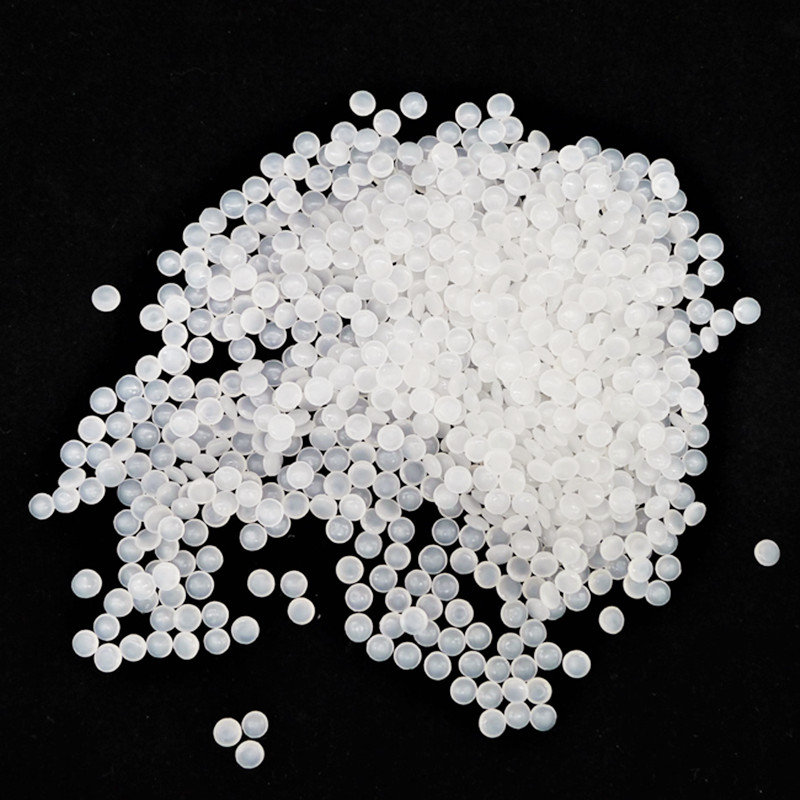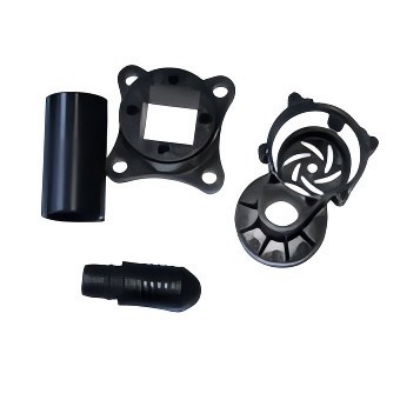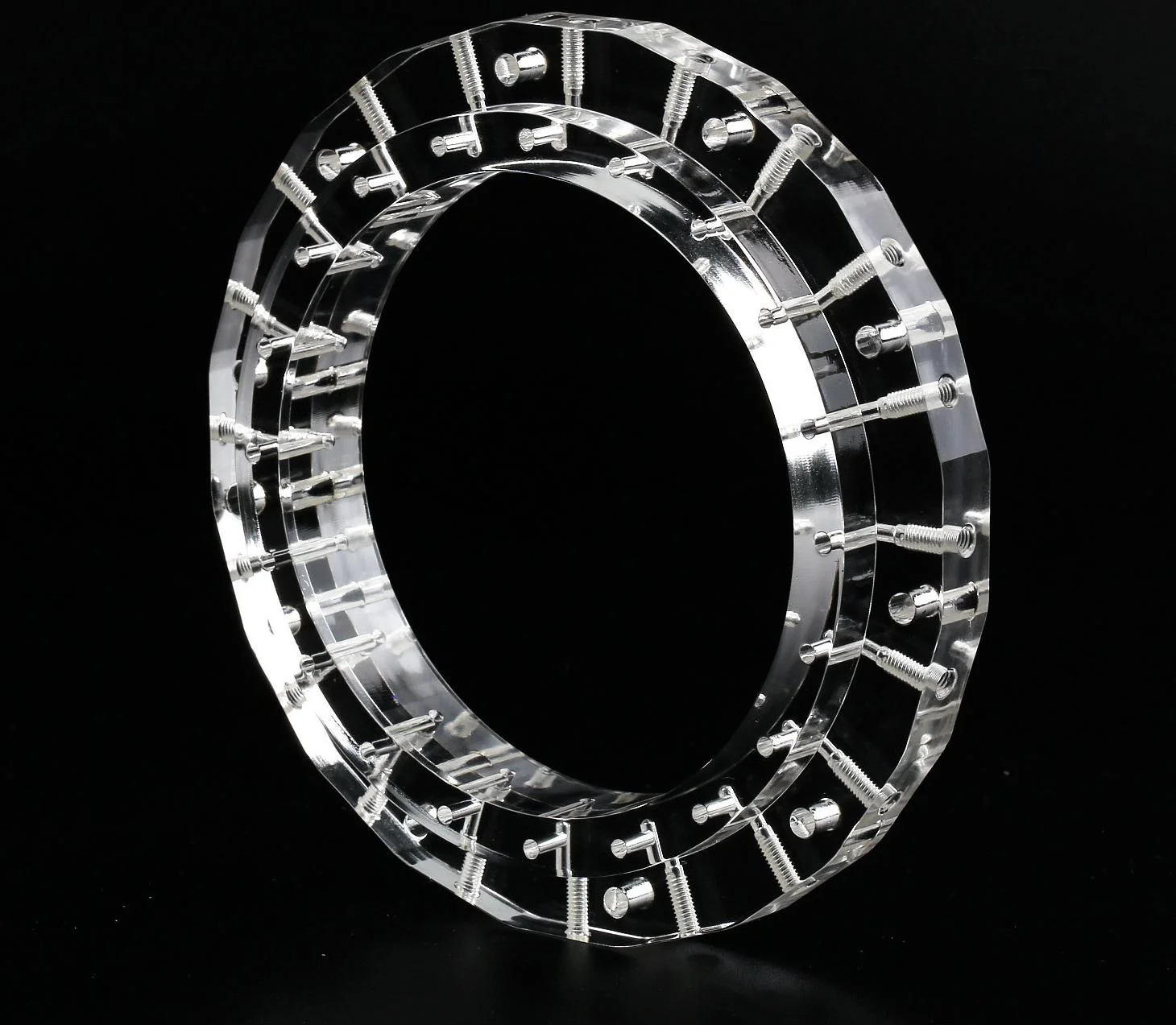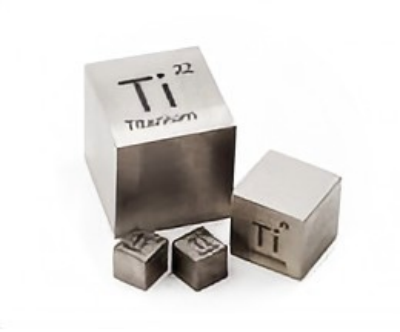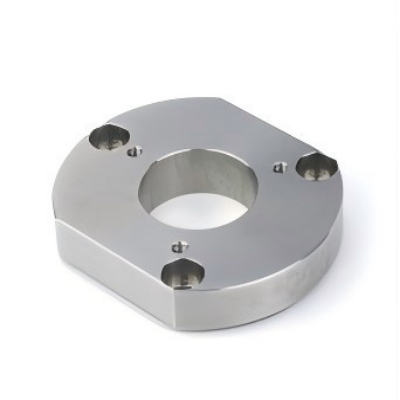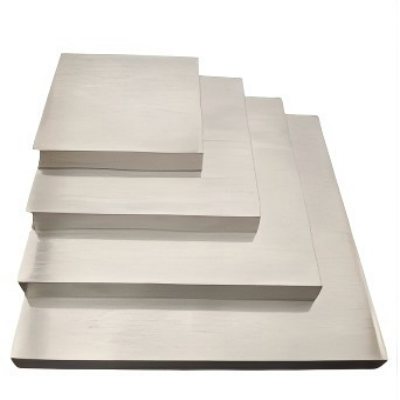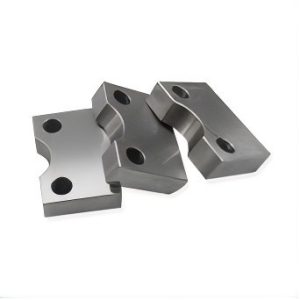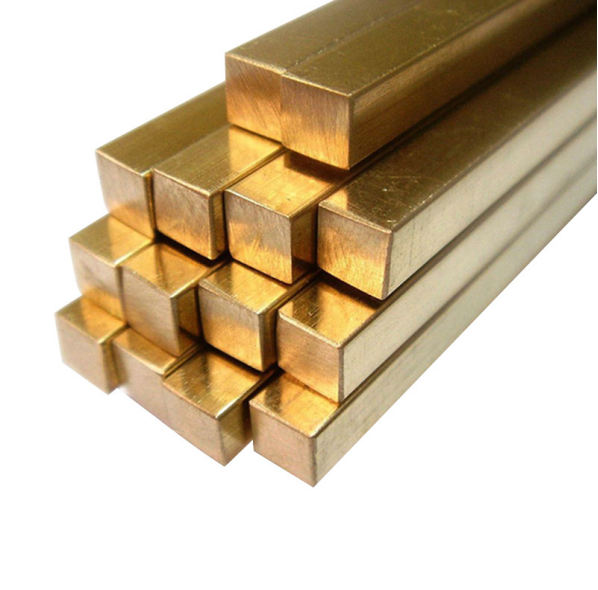Comparison of CNC Machining Materials
The information contained herein is typical values intended for reference and comparison only. They shall NOT be used as a basis for design specifications or quality control.
LDPE
Corrosion Resistance, Toughness, Electrical Insulation
Low-Density Polyethylene (LDPE) is lighter than water, soft and tough, with excellent acid and alkali resistance as well as electrical insulation properties. It is widely used in fields such as packaging, agriculture, electronics, and daily necessities.
PP
Corrosion Resistant, Strength
Polypropylene (PP) is a well-balanced thermoplastic characterized by lightweight material, excellent chemical resistance, and good flexibility. Owing to these properties, it finds wide application in fields such as packaging, household appliances, automotive, daily necessities, and medical devices.
PET
Corrosion Resistance, Strength, High Transparency, Processability
PET (polyethylene terephthalate) is a common thermoplastic polyester with excellent mechanical properties and strong chemical resistance. It also offers glass-like transparency and luster, with a high light transmittance of about 88–92%, and is widely used in beverage bottles, food packaging, and engineering plastics.
PMMA (Acrylic)
Impact Resistance, High Transparency, Weather Resistance
Acrylic (also known as polymethyl methacrylate, PMMA) boasts not only excellent optical performance but also outstanding UV resistance. With a light transmittance of up to 92%—comparable to glass—it has become a popular material in scenarios ranging from neon signs in shopping malls and display case panels in museums to precision optical lenses and stage light covers.
Titanium
Heat Resistance, Corrosion Resistance, Strength
Titanium alloys are high-performance materials that combine exceptional strength, a superior strength-to-weight ratio, outstanding corrosion resistance, high-temperature stability, and excellent biocompatibility. While costlier and more difficult to process than steels or aluminum alloys, their unique advantages—high strength, light weight, and durability in extreme environments—make them indispensable in aerospace, advanced medical, and deep-sea applications, where performance takes priority over cost.
Steel Alloy 4140
Impact Resistance, Fatigue Resistant
AISI 4140 Alloy Steel is a medium-carbon chromium-molybdenum steel with a carbon content of about 0.38–0.43%. It offers an excellent combination of strength, toughness, wear resistance, and machinability. When heat-treated, it provides outstanding mechanical properties, making it widely used in gears, crankshafts, connecting rods, bolts, and critical components in the oil and gas industry.
Stainless Steel 316
Corrosion Resistance, Machinability
Stainless steel 316 combines exceptional corrosion resistance with excellent machinability. This unique balance of “high corrosion resistance + ease of processing” makes it a material of choice for applications demanding the highest levels of reliability. It is widely employed in fields such as chemical processing, food production, and marine engineering, where it consistently meets stringent performance requirements across diverse operating conditions.
Stainless Steel 304
Corrosion Resistant, Economical, Machinability
stainless steel 304 is also known as 18/8 stainless steel, which contains approximately 18% chromium (Cr) and 8% nickel (Ni). It not only possesses excellent oxidation resistance and corrosion resistance, but also has good workability and surface quality. Currently, it is the most widely used stainless steel grade in industrial manufacturing and civil applications.
Low Carbon Steel
Economical, Machinability
Low carbon steel (with carbon content not exceeding 0.25%) is one of the most commonly used types of steel in both industry and daily life, thanks to its excellent plasticity, weldability, and low cost. It is widely applied in components such as pistons, screws, and drive shafts. However, due to its limited strength, it usually requires post-treatment.
Brass C260
CorrosionResistant, Machinability
Brass is an alloy primarily composed of copper and zinc. This golden-hued material not only exhibits excellent weather resistance and corrosion resistance, but its tensile strength also rivals that of low-carbon steel, demonstrating outstanding mechanical properties. Brass boasts exceptional machinability, enabling it to support higher feed rates during processing operations such as cutting and stamping, while requiring minimal cutting fluid. This combination significantly reduces both processing costs and process complexity.

